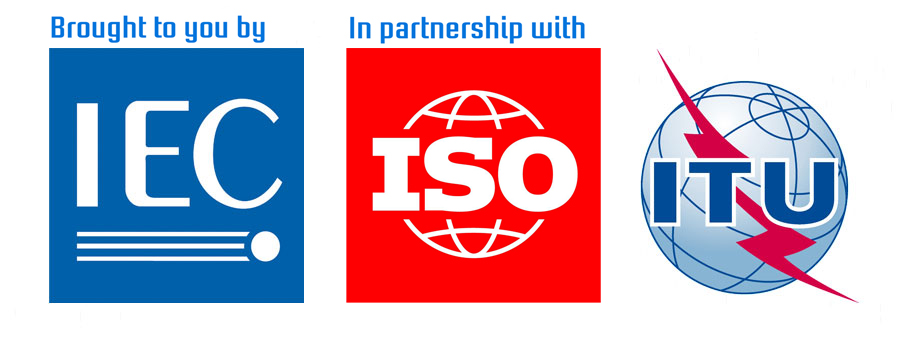Home › Forums › Cybersecurity and privacy › User Consent - Global Trends
This topic contains 1 reply, has 2 voices, and was last updated by Vanesha Rajkomar 5 days, 5 hours ago.
-
AuthorPosts
-
February 17, 2016 at 12:34 pm #4493
Their is a growing demand across the planet for users to take back control of their data. The latest MEF report states:
“Key Global Findings
- Reluctant sharers who share data only because they have no other choice if they want to use the app account for half of US and German mobile users (53% and 47% respectively), a rise of a quarter in the US and a third in Germany.
- Concern around data privacy and security is greatest in China, USA and Germany (39% vs. the 36% total).
- Chinese consumers have the highest security concerns (19%), whereas Americans are most put off by data-hungry apps (18%).
- In Brazil, consumers currently assign greater sensitivity to their photos than their financial information (28% vs. 11%). In India, contact information (23%) is considered most sensitive.
These numbers are set to grow as more citizens are concerned with how their data is used. However, for the full benefits of a connected digital world to emerge, sharing personal data will be essential. Yet the wild west or less regulated attitude which has successfully delivered todays internet may not be appropriate for the connected world of the future; where a basic human right along with water, food and shelter will be access to digital infrastructure. Certain societies I predict will close themselves off and not allow sharing and will develop in a different way to those societies that encourage sharing yet also actively protect citizen rights.
One of the key elements of protecting citizen rights is consent. Managing consent consistently will be the software engineers next challenge. Because users will want a slick UX and an easy to grasp task. Yet at the same time the developers customer will be demanding greater insight of their customer (the users) so as to provide the best possible personal experience. As well as balancing the needs of regulation and cultural mores. This is what I call the Consent Tension Model.
Is the answer a Trust Framework that allows for the different ‘Consent Tension models’? This would offer the opportunity to have different yet similar consent managers in the different jurisdictions, tailored to local needs, yet exportable for use elsewhere. This framework will provide a semi-consistent set of rules that can be carried over across jurisdictions on how user data will be consumed, treated and used. This will then allow the new Business-to-me services that are about to be unleashed have some citizen control, yet be usable across the globe.
-
This topic was modified 1 month, 2 weeks ago by
 Chris Cooper.
Chris Cooper.
-
March 30, 2016 at 12:31 pm #4675
Thanks for sharing your insights Chris.
When you mention “consent” are you referring to the usual “terms & conditions” that we all tend to “agree” without reading since the document contains loads of pages?
-
AuthorPosts
You must be logged in to reply to this topic.


